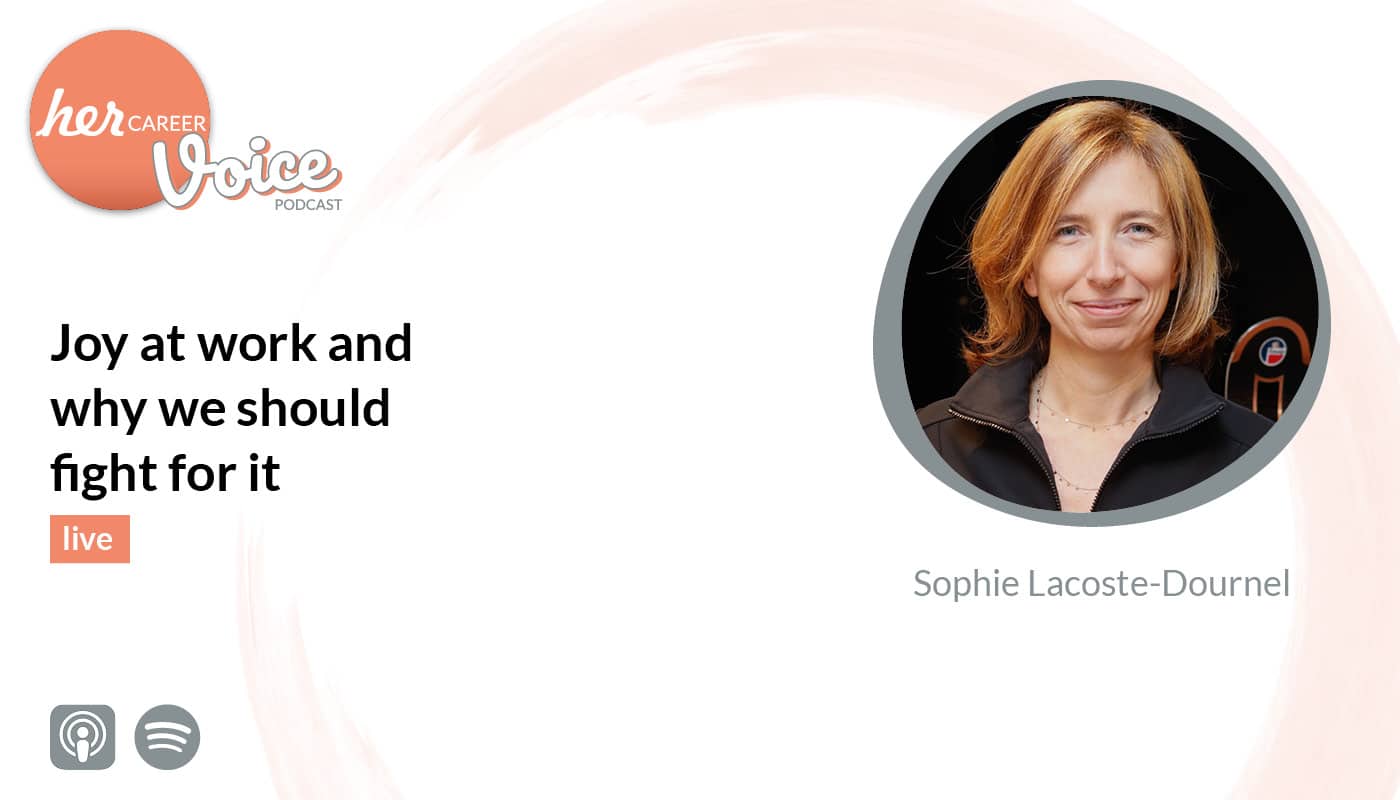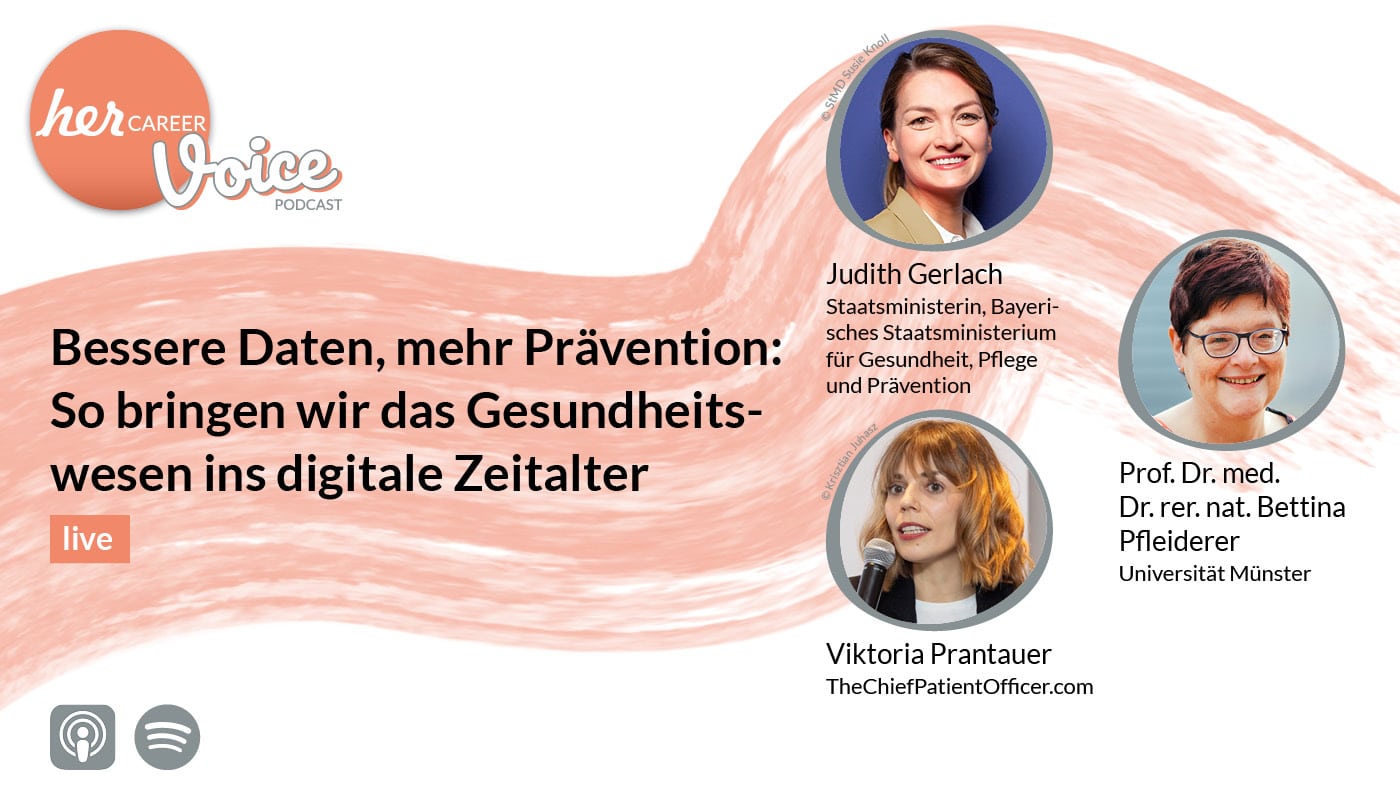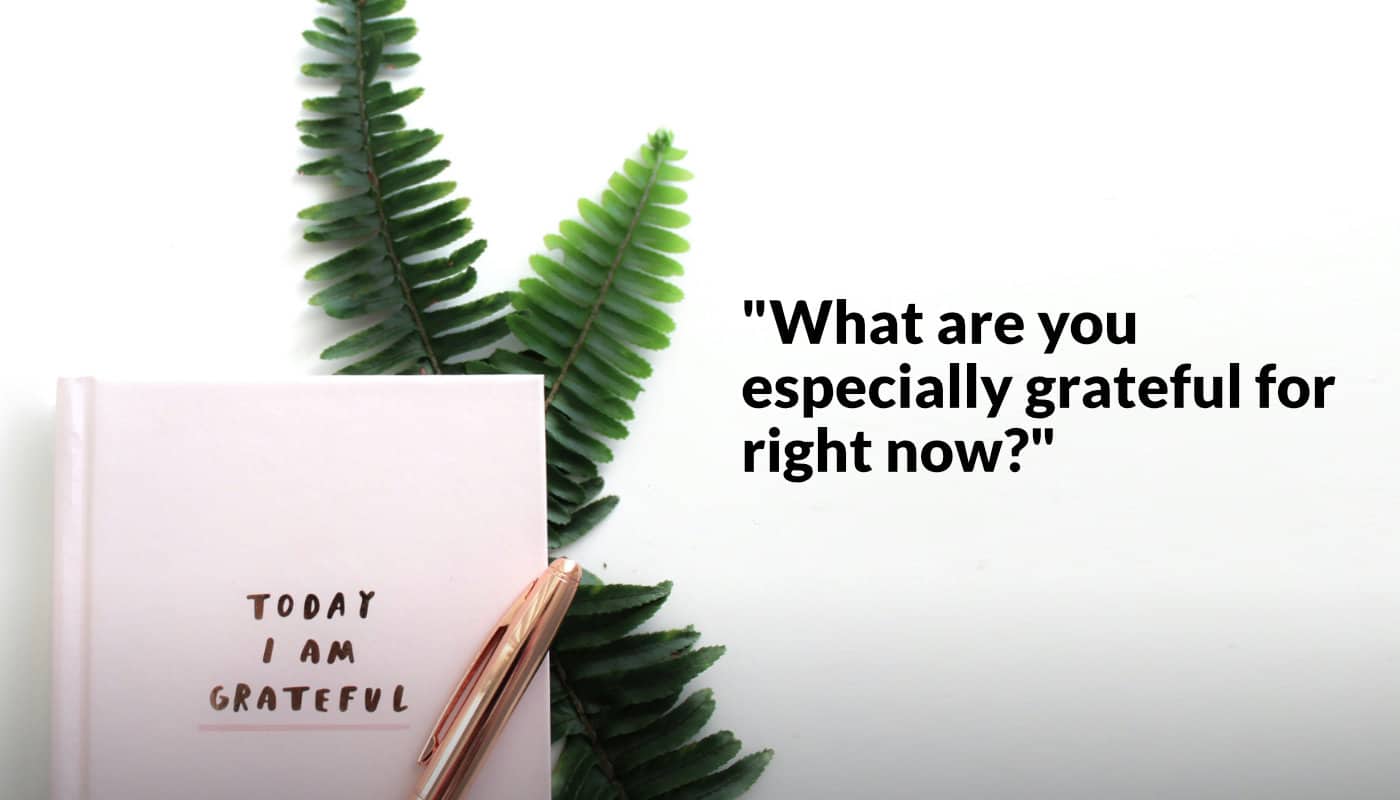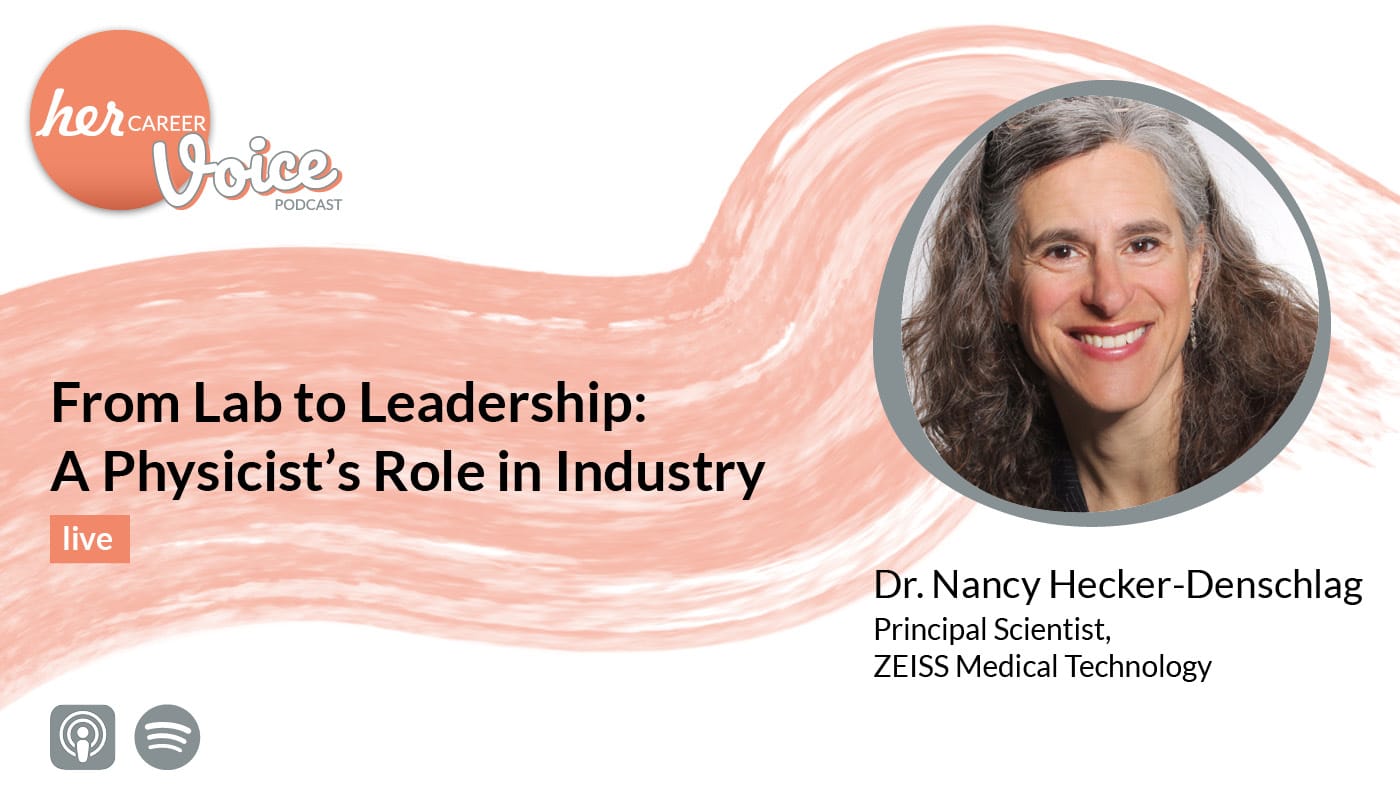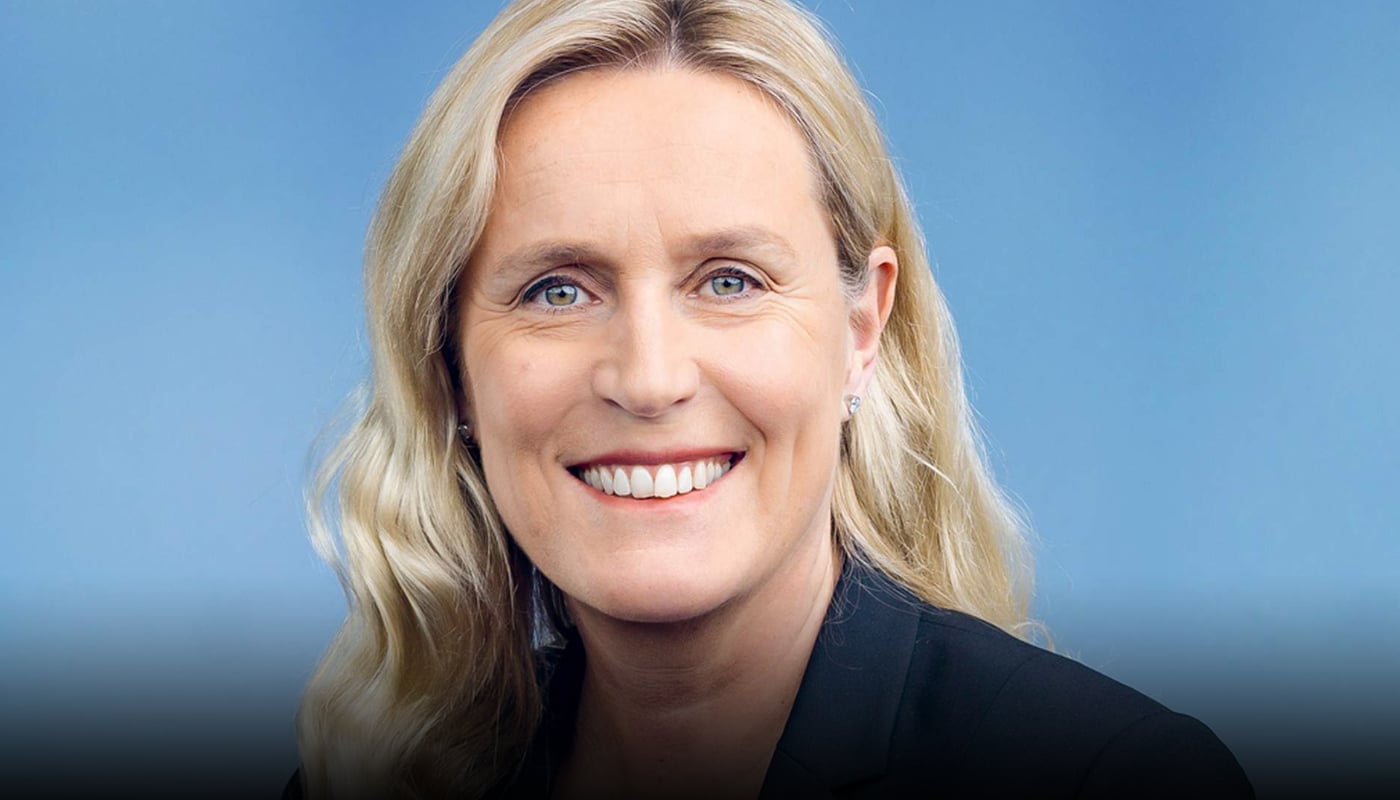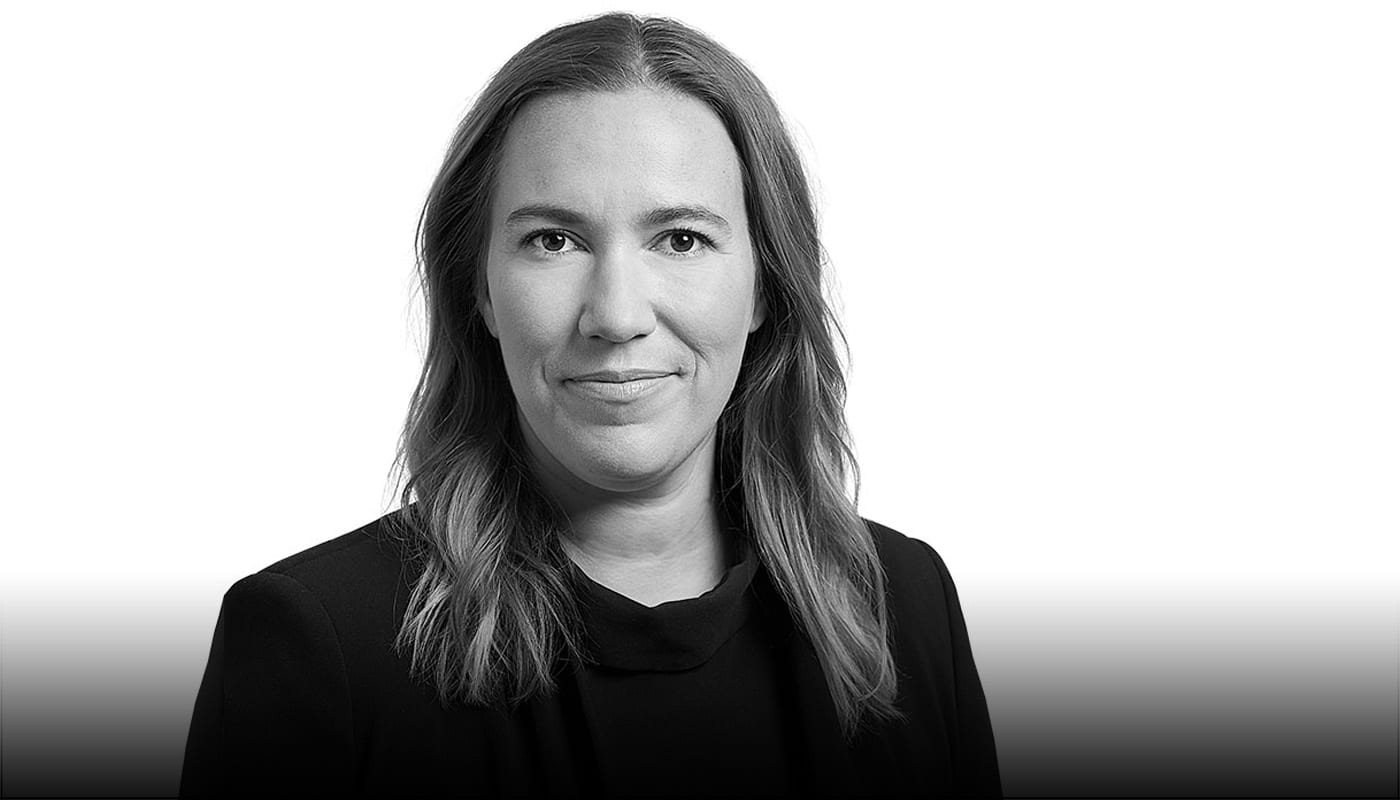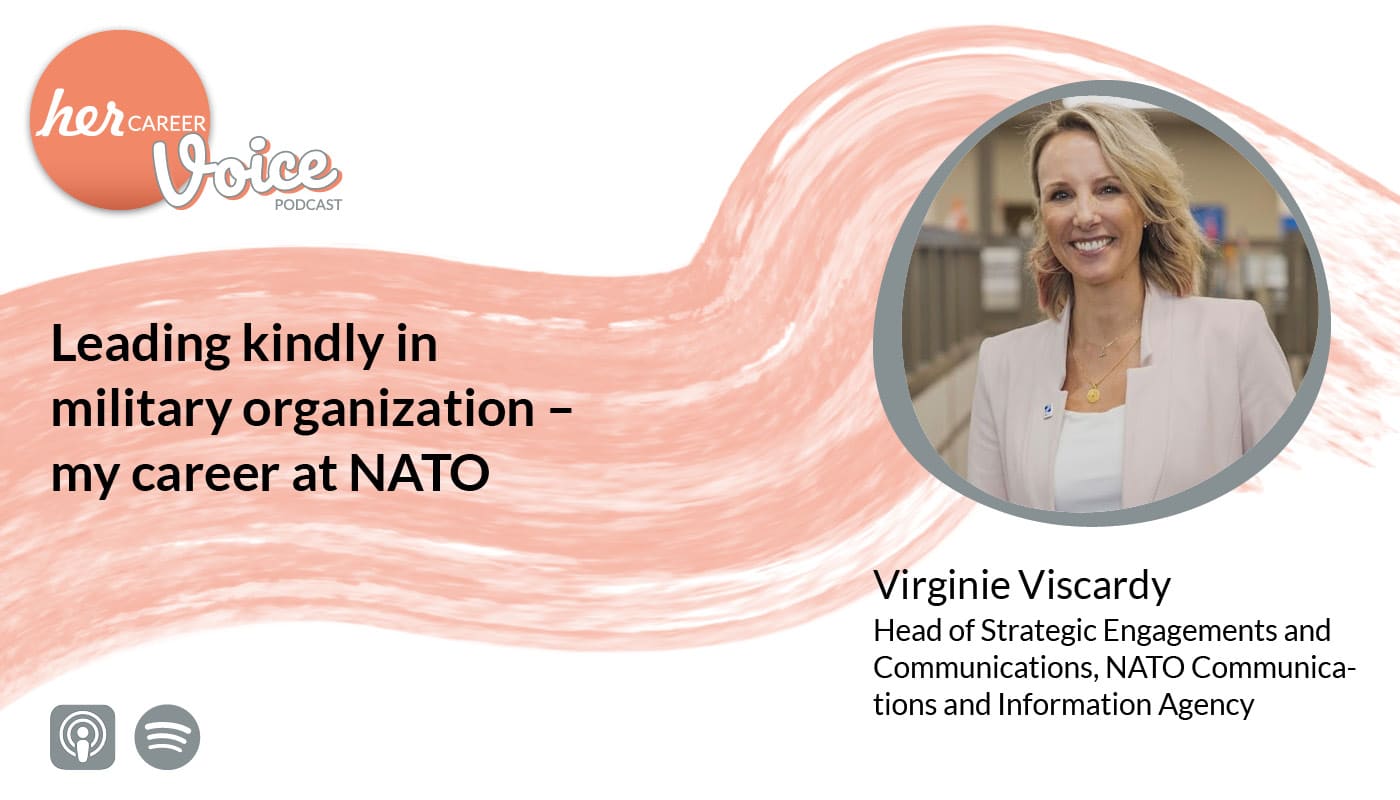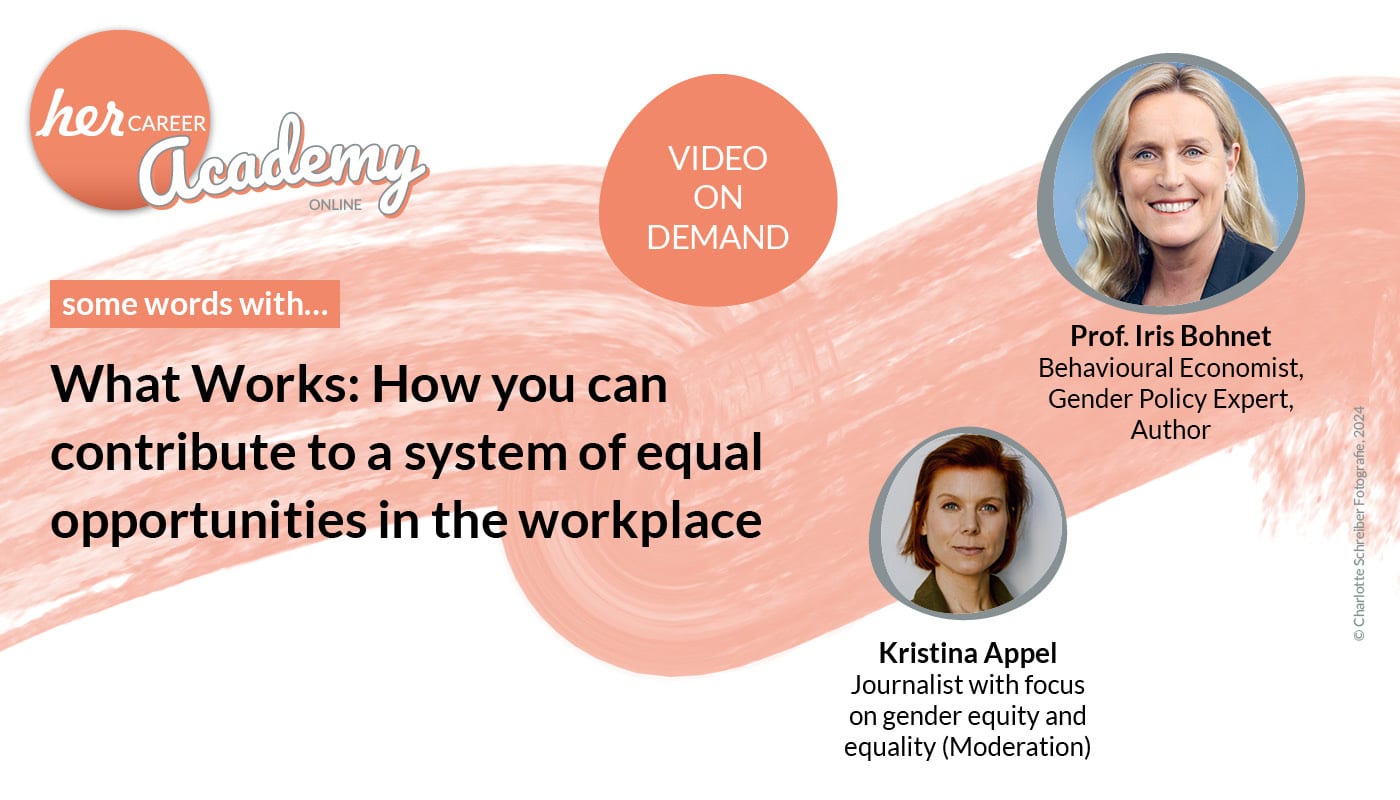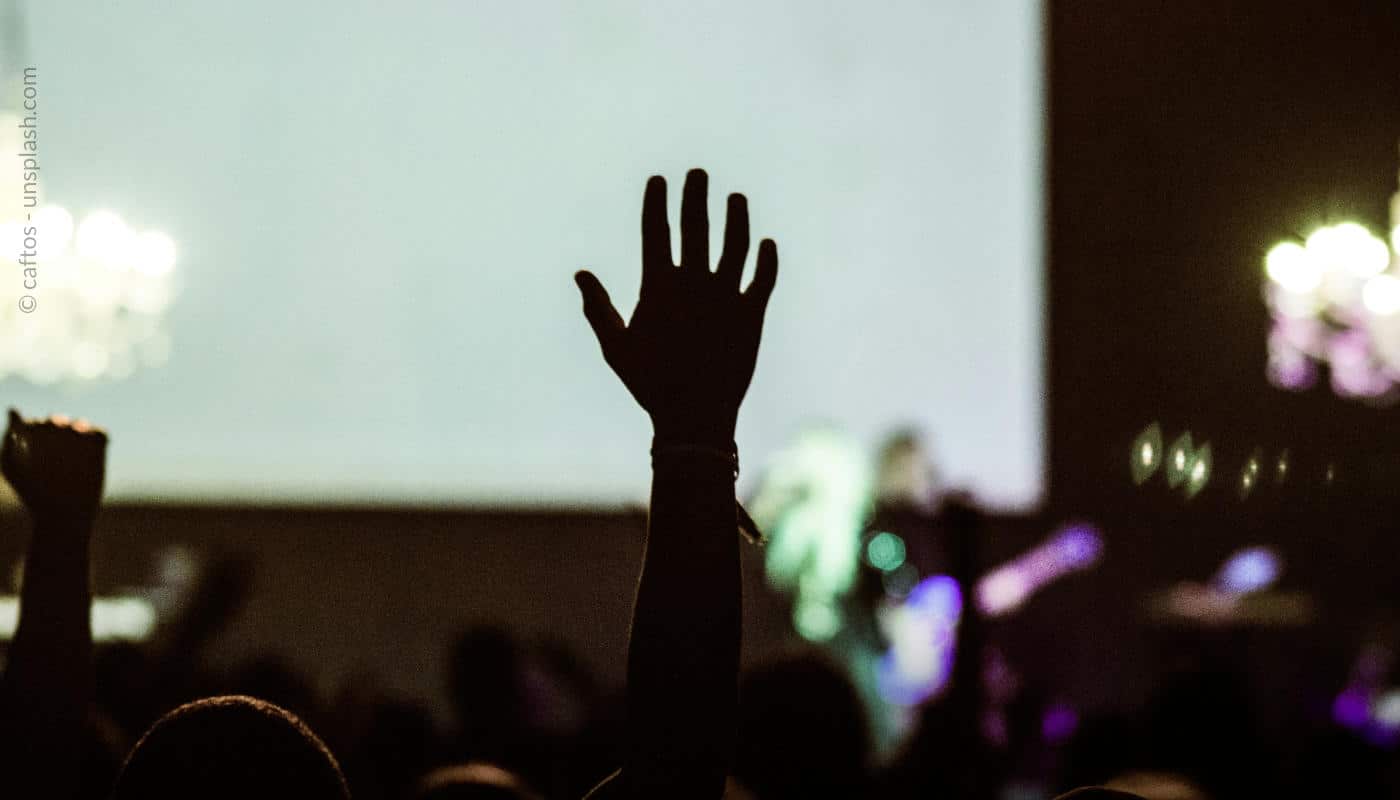Sophie Lacoste is today’s speaker. Her name is known through the Fashion Brand with a crocodile, founded by her grandfather René Lacoste. Sophie Lacoste was part of the management board of Lacoste SA from 2004 and 2014. However, the former family business went over to a new owner due to a family split. She has learned a lot in said dispute and is now investing her time and energy in a new venture. Together with her brother she has acquired the traditional She-Brand Fueselb and is now reviving it.
In her keynote speech “Joy at work and why we should fight for it”, she talks about how her experience can promote joy in daily work for herself and others inside and outside the company.
Topics
Existenzgründung & Unternehmertum | Führung & Kommunikation
Details about the speaker
Sophie Lacoste, Ehemaliges Mitglied des Leitungs- und Kontrollgremiums von Lacoste, Co-Vorsitzende der Bekleidungs-Marke Fusalp
Präsidentin des Porosus Endowment Fund
After graduating from Oxford in England and Dauphine University in Paris, Sophie Lacoste entered the Lacoste SA board in 2004, where she remained until 2014. The story of her grandfather René Lacoste, and that of her family, initiated her passion for the company. At the end of 2012, when the family business was sold, Sophie Lacoste and her brother Philippe decided to embark on a new entrepreneurial adventure. In December 2013, they purchased Fusalp, a company to which Sophie is the administrator and co-chairman. The challenge was to revive the brand in France and abroad and establish its legitimacy on the slopes and in the city. After graduating from ERACM (French National Drama School) in 2003, Sophie Lacoste also performed as an actress and directed her own theatre company for almost 10 years. Equally passionate about both the artistic dimension and the political and social implication of her vocation, she drew from her artistic journey the roots of her philanthropic ambition. In 2006, paying homage to her grandfather, whom she was very close to, she created the René Lacoste Foundation which helps young people find a new path through sport. She chaired the foundation until 2014. Sophie Lacoste is now President of the Porosus Endowment Fund, a family fund created in late 2012 dedicated to the emergence of young talents in the artistic and sports fields. This Fund works in particular by providing writing grants to directors of feature and short films, production grants to theater companies as well as grants to students in national art schools. It also supports sports projects including golf, horse riding, surfing and dancing, figure-skating and handi-badminton.
[0:08] Moderation: Hey and welcome! You’re listening to the herCareer Voice podcast. This podcast is the one to listen to for diverse perspectives about the social, political and scientific aspects that define our workplaces and especially the female career planning – whether it’s professional growth and self development, entrepreneurship, finances, or the all-in-all compatibility of our professional and private lives. We want to know more about female careers, learnings, experiences, and challenges. And learn how they have grown from them. Sophia Lacoste is today’s speaker. Her name is known through the fashion brand with a crocodile, founded by her grandfather René Lacoste. Sophia Lacoste was part of the management board of Lacoste SA from 2004 to 2014. However, the former family business went over to a new owner due to a family split. She has learned a lot in said dispute and is now investing her time and energy in a new adventure: Together with her brother she acquired the traditional ski brand Fusalp and is now reviving it. In her keynote speech „Joy At Work And Why We Should Fight For It“ she will talk about how her experience has enabled her to promote joy in the daily work for herself and others, even in difficult times.
[1:47] Sophie Lacoste: I am very thrilled to be here to speak to you about joy. It is very nice to do something like that, and I can even say that I’m really grateful. Because it has made me rethink all about it and even though joy is very rooted as a goal in my everyday life, in my heart really I can feel that my experience of it and my comprehension of it are still evolving every day and it is very important for me to be self-conscious and to be very clear on how I build my life to be able to run it properly.
So, joy, especially with all that we’ve been through in the last 18 months, I’ve came to say that for me joy is certainly the most subversive value that one can have. It is indeed very subversive to put joy nowadays as the real skeleton of our life, and I think we need to be subversive to change that world. We need to be subversive and we need to be disruptive. Joy for me is not a nice-to-have. It is really the basis on which I built the life I chose to live. Always in action it is the basis of my identity, the basis of what I fight for, how I want to define myself, how I want people to define me. It is always very important to put joy as the the reason and the meaning of our actions. When I think about strategy, when I think about my business organization, I always put joy as one of the main criteria of my decision making.
[3:42] My name is Sophie Lacoste, I’ve bought with my brother 8 years ago a company named Fusalp. It is a French fashion sports luxury brand which was created in 1952, in the French alps. We will celebrate our 17th anniversary next year and it will be a great moment to gather all our values to be able to project them to the future. So originally Fusalp was part of the creators of the ski wear as we know it now. But we bought it because we felt there was a much more global and wider potential. So we based our strategy on two things: products and distribution. Distributionwise, we have now 50 boutiques all over the world, but not in Germany yet. We have them in France, of course, in London, in Switzerland, but also in Asia with a great business going on in Korea and starting one in China. On the products we assigned ourselves three constraints: First, our products need to be stylish.
Of course we speak about line, silhouette, they have to be specific. Second, our products need to be useful. We are here to accompany movement either on the slopes, on the bike, in the city, while travelling or even just to be comfortable at home while homeworking and be able to go to a meeting the next minute without changing your garments. And maybe the most important, our products need to last a long time.
[5:24] And now I want to tell you a story about that: We have a group of young champions that we support in many fields: ski, ice skating, water skiing – that kind of things. Very great talents, and we have one who is norwegian. And once we went to Oslo to see our boutiques and our partners and we forgot to call Casper before and when arriving in Oslo we said, well, we really need to call him to have a coffee or something, if he’s available. And he was available, so he came to have a coffee with us but he was quite ashamed. Because he didn’t have the jacket that we gave him 2 weeks before. And that he was normally assigned to wear. But he wore his favourite jacket and that jacket was his grandfather’s and it was a Fusalp jacket. A 30 years old Fusalp jacket that was his favorite, and that he was wearing that day! We’ve found it fantastic to think that maybe – not maybe, surely – we are doing clothing now that the grandchildren of our customers are going to wear. That’s really something we want to aim at and we’re working on that every day.
[6:40] So, where do we put joy in all that? First of all, I think that joy at work is really about pride. And pride of being part of a high quality and a beautiful project, the pride to make the right choices.
For oneself but also for the community. To see the team really as a community is to enable the others to augment themselves while working. Joy is a collective experience, it is an inner, very strong and secure feeling that we have but that we absolutely need to share to be able to make it grow and stay. I like to say that one of my goals in life is to augment myself – I know it’s a pecular word but we speak a lot about a digitally augmented world, about digitally augmented human beings – but I ask myself: Can I be augmented not digitally by my personal experiences, my personal feelings? Can I be augmented by the people I meet? Can I be augmented by arts?
[7:59] Because if life has a meaning, I think it must be somewhere around that, being augmented. Improve yourself to be able to add the others and the world, but it has to be planned. It has to be organized. You have to think it. It cannot happen like that, out of the blue. I want to share with you some experiences that we’re doing at Fusalp to be able to put that joy into practice, relate to experiment it. First of all that the project that we’ve created, a philanthropic project, and we’ve created it collectively. We’ve put a group of volunteers together to be able to create, to think, what our philanthropic mission would be.
[8:47] They went to see all the employees to get to know what they would wish for, how they would think our interaction with philanthropy could be. And they came out with a process which is that every year we have another group of volunteers leading the project. Any employee of the company can bring, can apply for an association that works either on environmental topics, on fighting poverty or supporting handicaps. So all the employees come with their associations, the group of volunteers study all the projects, get all the information, choose eight to ten projects, come and give a speech in front of all the employees. And every employee can vote for two associations. At the end we’ve supported four associations every year, so very various: planting trees in the suburban areas, helping migrant population to make their way locally, studying birds in habitations in our mountains, many kind of projects. It’s a quite new project that we’ve been leading for 3 years only but I can already feel the link that has been created by it.
[10:07] Speaking on that subject people really interact on other ways, and so that it can be also very transversal in all the company. And I think it’s gonna be even stronger now that we can gather much more easily and so that we’re gonna organize some interactions between the associations and our employees, like planting the trees ourselves, going to see the scientists and placing the cameras in the mountains, coaching the migrant populations and any kind of that. We have also a nice example of a young lady whose father has had Alzheimer’s disease for many years. And she has applied with the project two years ago, a project that was about bringing holidays to families when one person of them had Alzheimer’s disease, and it is very important for them to have happy moments, even with the disease. And so she presented the subject, but it was not agreed. But she did it again then the year after and so she made all that journey to really convince everyone about the project, and and I’m sure that our relationship with her is very different now because she really took us with her on her fights.
[11:33] Another way of doing it is also really replacing our environmental responsibility into the very heart of our activity. Because most of the time – now of course things are evolving maybe much faster here in Germany – but in France it’s difficult for the companies to really take into account all our environmental responsibility. There’s someone who is in charge of that but everybody’s doing their work without really thinking of it. But I really feel that we shall put this responsibility in the very heart of our day-to-day activities. And it is very important for everyone to understand what they can do about it and how they can really have an impact on our collective carbon footprint, for instance, on all these environmental projects. We’ve just ordered … (inaudible) of our impact and so we’re gonna be able to measure our impact and to measure our improvements.
[12:39] I think it is very joyful – despite all the anxiety that we all feel – facing the situation to be able to do something about it and to do it personally but also collectively. I know a very important thing is how hard it is to hire people. Of course technical skills are very important we all need powerful assets in our organizations to be able to work but I’m sure that many things can be learned but not the mindset. We really need to hire people that are able to understand our mindset, that are able to collaborate and so that everyone is secure about how their personal work will be received and how the teamwork will be able to move on. And that’s very important. There’s also another point which is very important for me, at the end of the year if you ask yourself: What in all the difficulties I have been through this year, what really impacted my business badly? And if you ask yourself that question you will see that you won’t have so much to answer. That you’re really able to face the difficulties with a smile and to be confident in your abilities to face them really and to solve them. And that it is very important to feel joy, even when you’re facing difficulties. Because you always will see that it’s not that bad.
[14:09] It allows you to free your your decision making from anxiety, from pathos, from all the burdens that we tend to have on our shoulders. So, as you see, for me joy is really a mindset that enables you to free your decision making, to bring some great self-consciousness on the team. It’s how you put your decision – the decision that you have to make – in front of you. How you watch the decision happening and grow, and how you can liberate it. And this is, I think, crucial for me. So it’s not that tough. You just have to dare. Just put joy in the really centre of your decision making.
[15:19] Moderation: If you’re interested in joining the conversation, become part of our herCareer community! Get together with thousands of female professionals in person at the leading and biggest career and networking event in Europe, herCAREER Expo in Munich. Or start now by networking online at www.herCAREER-Lunchdates.com. We’d be delighted to connect you with inspiring women, virtually or in real life.
If you are looking for a new challenge, we might be able to help you with www.herCareer-Jobmatch.com, and if you just want to leave us a message, feel free to do so via podcast@her-career.com. Subscribe to the herCareer Voice Podcast on iTunes, Spotify or wherever you get your podcasts and recommend us to your favourite colleagues! You can find all episodes at www.her-career.com/podcast
We are proud that you are part of the herCAREER community and thank you for helping other WoMen by lifting them. This is what female empowerment sounds like.
